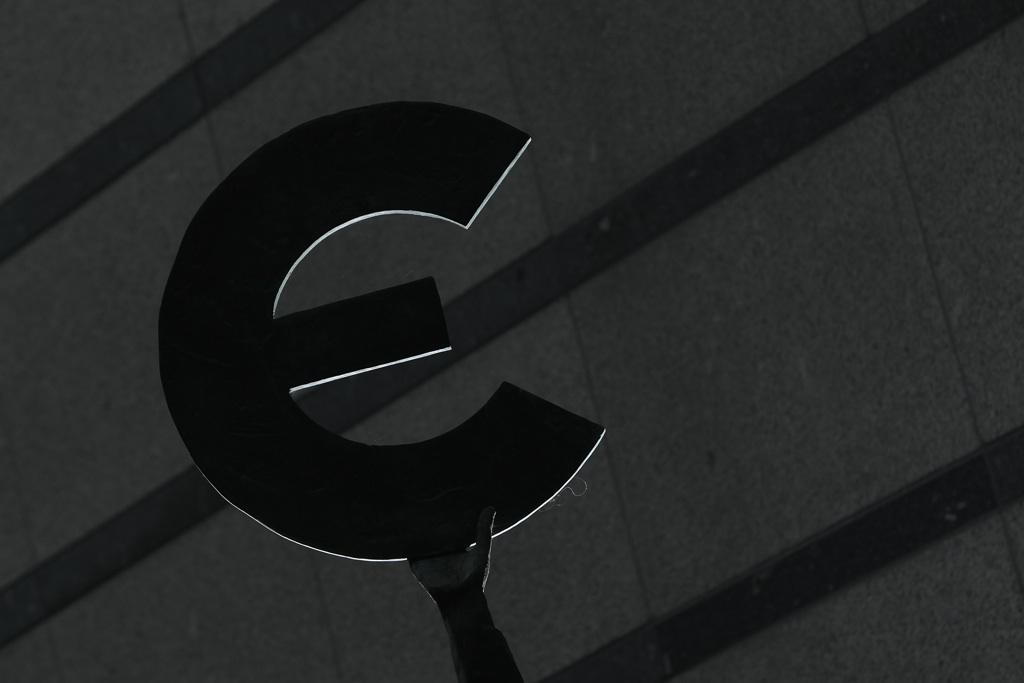ECB loans slow to reach private sector
The Europe sculpture of Belgian artist May Claerhout outside the European Parliament building on November 17, 2011 in Brussels, Belgium.
LONDON, UK – The European Central Bank’s (ECB) massive cash injections into the euro zone financial system have yet to reach borrowers in the real economy, data issued Wednesday by the ECB showed, highlighting the fragile nature of Europe’s prospects for recovery.
Most economists agree that the ECB’s provision of cheap, three-year loans to European banks worth €1 trillion ($1.3 trillion) in December and February staved off a credit crunch and calmed financial markets.
But data released Wednesday showed that growth of euro zone bank loans to the private sector slowed to an annual rate of 0.7 percent last month – down from 1.1 percent in January – indicating that the ECB’s “wall of money” has yet to translate into a big increase in lending or borrowing, The Wall Street Journal reports.
Lending growth to companies slowed in February to 0.4 percent, down from 0.7 percent the previous month, while lending growth to households remained virtually unchanged at 1.2 percent, the ECB said in its monthly report on the 17-member currency bloc’s money supply.
IHS Global Insight analyst Howard Archer told the Agence France Presse the slowdown in lending in February “fuels concern that the three-year unlimited tender in December has not – so far at least – fed through to boost lending to the private sector.”
“At best, it can be said that lending to the private sector has essentially stabilized,” he said.
More from GlobalPost: ECB chief Mario Draghi says worst of euro zone crisis is over
Earlier this month the ECB warned that it could be several months before the euro zone economy feels the benefit of the tranches of loans it had pumped into the system, The Financial Times reports.
According to The New York Times, the second round of ECB loans, which was not issued to banks until March 1, would not have had any impact on Wednesday’s figures, while Michael Shubert, an economist at Commerzbank quoted by the newspaper, pointed out that the sluggish lending growth could also reflect a reluctance among companies and consumers to borrow, rather than a lack of banks willing to lend.
Banks are also under pressure from the EU to increase their financial buffers as protection against any future turbulence from the two-year debt crisis raging in the euro zone, meaning that money held back to boost bank finances could be tightening up credit, according to the Associated Press.
Last week ECB President Mario Draghi said the worst of the euro zone crisis was over and that the situation in Europe was “stabilizing.”
More from GlobalPost: Chinese cars, made in Bulgaria
The story you just read is accessible and free to all because thousands of listeners and readers contribute to our nonprofit newsroom. We go deep to bring you the human-centered international reporting that you know you can trust. To do this work and to do it well, we rely on the support of our listeners. If you appreciated our coverage this year, if there was a story that made you pause or a song that moved you, would you consider making a gift to sustain our work through 2024 and beyond?
